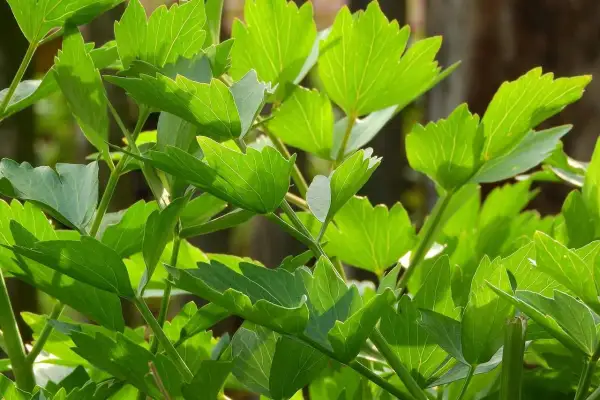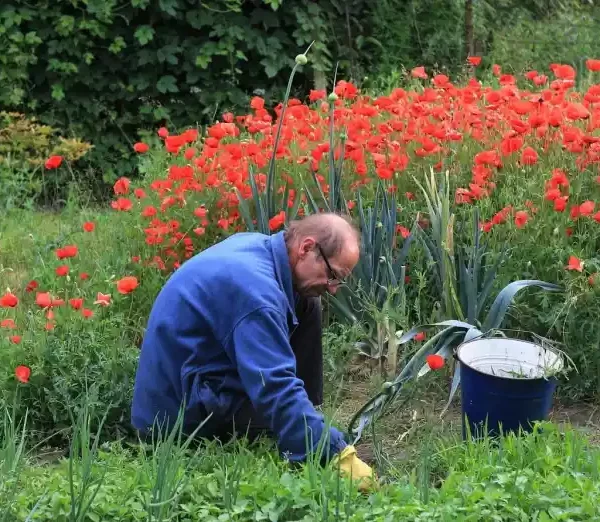Introduction
Rice water, the starchy liquid leftover from rinsing or boiling rice, has gained attention in gardening circles for its potential benefits as a natural fertilizer. But can you really use rice water on plants, and is it beneficial for their growth? In this expert guide, we’ll explore the science behind rice water, its potential advantages and drawbacks, and how to use it effectively in your garden.

What is Rice Water?
Rice water is the cloudy liquid that remains after rinsing or boiling rice. It contains residual starches, vitamins, minerals, and other organic compounds that leach out of the rice grains during the soaking or cooking process.
Nutrient Content of Rice Water
Rice water contains a variety of nutrients that can potentially benefit plants, including carbohydrates, proteins, vitamins (such as B vitamins), and minerals (such as potassium). These nutrients are released from the rice grains into the water during the soaking or cooking process.
Using Rice Water as a Fertilizer
Proponents of using rice water as a fertilizer claim that it can improve soil structure, promote microbial activity, and provide essential nutrients to plants. However, there is limited scientific research to support these claims, and the effectiveness of rice water as a fertilizer may vary depending on factors such as soil type, plant species, and application method.
Research and Studies
While there is anecdotal evidence and some small-scale studies suggesting that rice water can benefit plants, more research is needed to fully understand its potential effects on plant growth and soil health. Governmental bodies such as the United States Department of Agriculture (USDA) and horticultural organizations may provide valuable insights into ongoing research and studies in this area.
How to Use Rice Water on Plants
If you decide to use rice water on your plants, it’s important to do so in moderation and with caution. To make rice water, simply rinse or soak rice in water, then strain out the liquid. Dilute the rice water with additional water to reduce its concentration, as undiluted rice water may be too rich in nutrients and could potentially harm plants.
Potential Drawbacks of Using Rice Water
While rice water may contain beneficial nutrients for plants, there are also potential drawbacks to consider. Undiluted rice water may be too concentrated and could lead to nutrient imbalances or salt buildup in the soil. Additionally, rice water may attract pests or promote fungal growth if not used properly.
Conclusion
In conclusion, while rice water may contain nutrients that can benefit plants, its effectiveness as a fertilizer is still debated among experts. While some gardeners swear by its benefits, others caution against its use due to potential drawbacks. As with any gardening practice, it’s important to research thoroughly, consult with experts, and use caution when experimenting with new techniques such as using rice water on plants.
- 6 Best Hand Garden Pruners - July 19, 2024
- Greenhouse Growing for Beginners: How I Started - July 18, 2024
- 30 Great Zone 5 Plants to Grow - July 17, 2024



